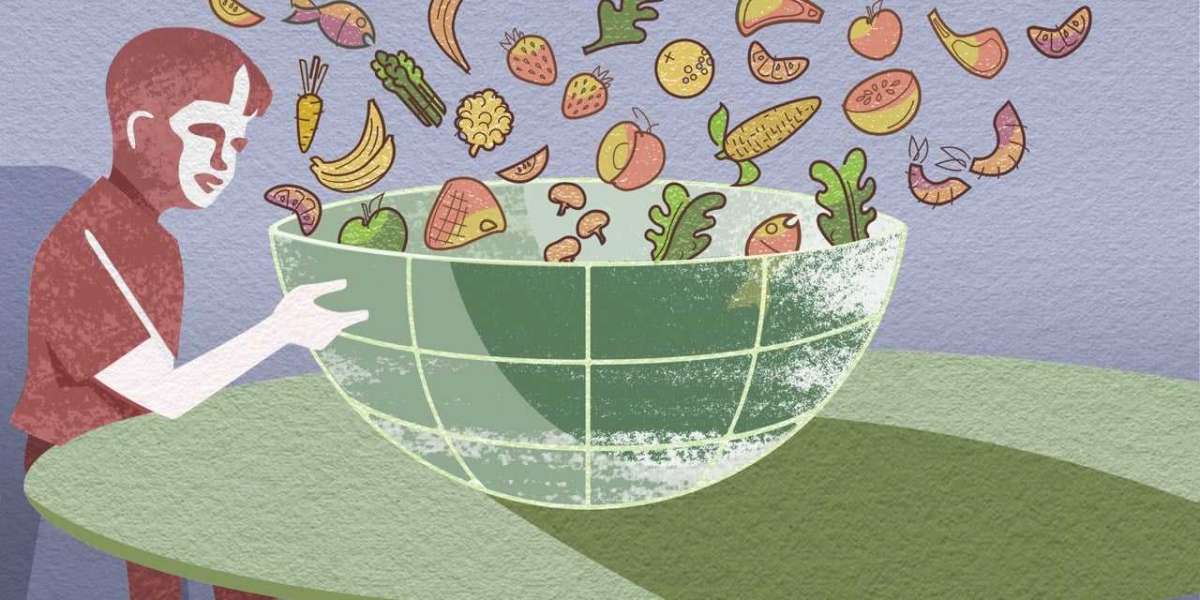Therefore, its quality requires specific attention and should be controlled very carefully. The problem of food availability and security is a moral issue, which includes questions of food choices, global hunger, politics, and health. It means that, in fact, it is not only the issue of the food but of the life and its quality as well. This paper with illustration essay outline will argue that since there are many unresolved food issues on the global scale, common citizens through active social movements must force their governments to resolve food-related problems.
Food Technologies and Genetically Modified Foods
The first issue that needs to be discussed within the topic of food ethics is food technology and GMOs. Most of the vegetable food is grown in the soil. However, even the most ecologically pure organic farming uses a variety of technologies to some extent. One of the ways to implement technology in the food industry is the genetic modification and nutrient enhancement (Kaplan 6). It is believed that animal biotechnology, functional foods, and genetic modification are the main issues of food ethics because these technologies not only threaten human health and environment, but also raise concerns about animal rights, food labeling, and consumer choice.
Generally, the genetically modified foods are both plants and animals that were modified on the genetic level with the help of recombinant DNA technology (Kaplan 6). This technique incorporates distinct DNA molecules into a single one in order to create new and useful traits of some food. The supporters of GM foods claim that they do not pose any threat neither to human health nor to the environment. However, the critics emphasize that such foods can present a number of hidden risks. Moreover, GM foods raise such important issues of food security as privatization and patenting of life forms is allowed (Kaplan 6). Since seeds can become a private property, developing nations become food-dependent on industrialized countries. Finally, labeling is not required in the U.S. food market. Thus, consumers have no opportunity to choose whether to buy organic or GM foods.
Hunger and Poverty
Another important aspect of food ethics is starvation and the inability of common American citizens to afford them the required amount of healthy food. Today, when people talk about hunger they usually imagine nations of the Third world and do not assume that even white the U.S. citizens, who possess a house and other commodities can suffer from the problem of inability to purchase food. A recent study found that in America, the half of families, which suffer from hunger, are white, with children, and have at least one working adult (McMillan, “The New Face of Hunger”). Since the 1960s the number of hungry people in the United States increased to 48 million. Therefore, it became much harder for common Americans to find food.
The situatuation changed in the modern world. Today, there are more than 50.000 emergency food programs, while during the 1980s there were only a few hundred of these. Moreover, compared to European states, where one in twenty people report running out of food at least once a year, in America the number is one in six. These issues are related to more general economic problems American families face today. One of such issues is the decline in wages. For example, a family with three adults working full time cannot buy enough food without state assistance (McMillan, “The New Face of Hunger”). Modern jobs do not pay wages that allow families to sustain themselves. Even though the majority of American families do not starve, many people are forced to live with a fear that they will not be able to afford their next meal. Another danger that low income poses on people, who do not belong to the middle class or rich families, is a poor diet. Even though the great number of Americans suffer from overweight, this phenomenon is not related to overeating, but to eating cheap and unhealthy fast foods. People choose filling but not nutritious meals, which eventually causes obesity. Therefore, the problem of starvation is urgent not only in Third world countries but also in America.
Food Security
The final important aspect of food ethics is food security. Food security is directed to ensure that people have access to safe, nutritious, and healthy food in the sufficient quantities. Modern food security needs to deal with a great number of issues that include poor governance, undeveloped agricultural infrastructure, poverty, and economic crises. Food insecurity limits the basic daily activities of people, reduces the general health level of population, and traps specific citizens in poverty (Kaplan 8). It means that one of the main responsibilities of state governments is to ensure food security within their countries. For example, in order to prevent food shortages, it is important to develop national agriculture and invest in infrastructure and technologies. Local farmers need to receive access to required resources and tools so they can increase the productivity of the agricultural sector. Therefore, food security must ensure that enough of healthy and safe food is grown and produced, that all citizens receive enough food, and that in case of economic or natural crises the population will not starve.
Conclusions
Food ethics is a very important and complicated topic. It involves the issues of global hunger, human and animal rights, food security, food politics, and technologies. Today governments of states are responsible for ensuring that their nations do not starve, have access to healthy food, and have the ability to choose what food to buy and eat. It is clear that the great number of food issues is still unresolved. Thus, common citizens must challenge their governments and political parties and demand from them the adequate resolution of food issues. Without an active social position, and movements food-related problems might remain unresolved for a very long time.





